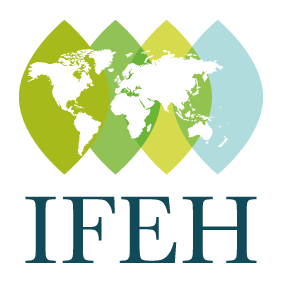ENBEL: CONNECTING HEALTH AND CLIMATE CHANGE RESEARCH
Keywords:
climate change, public health, network, epidemiology, policyAbstract
Background: Besides environmental consequences, climate change has most important effect on public health. According to WHO, climate change is expected to cause approximately 250 000 additional deaths per year between 2030 and 2050, from malnutrition, malaria, diarrhoea and heat stress, and affect the most vulnerable populations. Based on recent The Lancet Countdown there has been a 53.7% increase in heat-related mortality in people older than 65 years, reaching a total of 296 000 deaths in 2018.
Aim: H2020 financed project ENBEL (2020–2023) aims to bring together leaders in climate change, and health research and support policy making to shape low-carbon economies and build climate, and health resilience.
Methods: ENBEL coordinates a network of more than 12 international health and climate research projects. The multidisciplinary consortium includes 17 partners from 11 European countries as well as from Botswana, Kenya, and South Africa. Together the partners have competencies in medicine, epidemiology, public health, climate and air quality modelling, health impact assessment and economics. The project has strong emphasis on communication, outreach and engagement in order to raise awareness of the climate impacts on health.
Results: The WP2 “Networking and coordination among researchers and stakeholders within the climate change and health nexus” in ENBEL will present the results in International and Regional Conferences, establish Regional Coordination and Support Mechanism in Africa and develop a library on online or blendedlearning courses and training materials on ‘Climate change and health’. The presentations in conferences and organized local seminars increase the flow of information and knowledge on climate change and health among stakeholders and target groups. The library of courses and training materials on ‘Climate change and health’ will set the good basement for information. The results from individual ‘Research projects represented in ENBEL’ show that impacts of climate change – such as droughts, floods, wildfires and sea-level rise – can have knock-on effects that cross borders and continents. Heat-waves will have high costs for society and besides vulnerable populations, more attention should be paid on negative impact of increased workplace heat stress.
Conclusion(s): The ENBEL project will have key role in linking health and climate change research.
Presenter e-mail: hans.orru@ut.ee


